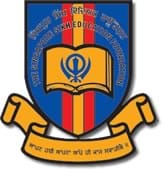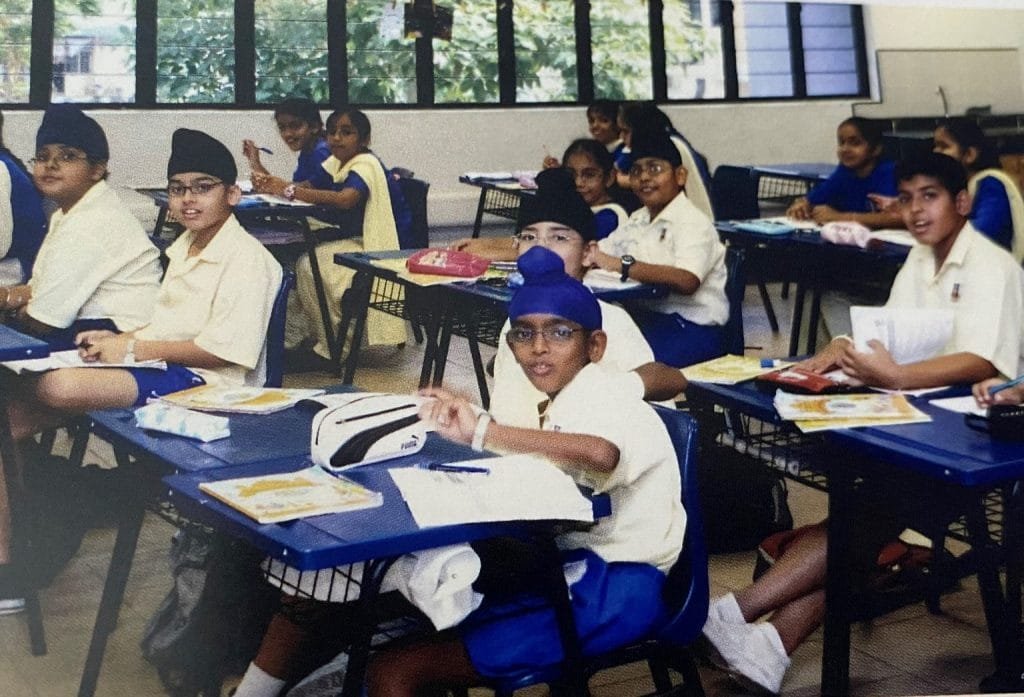Brief History
The Singapore Sikh Education Foundation – A Brief History
The Sikh community is one of the smallest ethnic groups in Singapore and is usually considered part of the larger North Indian community. According to the 2010 census, there are about 12, 950 Sikhs in Singapore.
Punjabi language in the early days was taught in Gurdwaras (places of worship) for many years. It was also taught at a Waterloo Street Centre and at the Singapore Khalsa Association.
Bilingualism and the post-1989 Language Policy
Bilingual education has been the cornerstone of Singapore’s education policy since the mid-1950s and given special emphasis since independence in August 1965. All school going children study at least two languages. English is the language of instruction in all public schools. Additionally, every student studies a Mother Tongue Language – Chines, Malay or Tamil were the official Mother Tongue languages offered in Singapore schools until 1989.
In October 1998, the government announced recognition of marks for Bengali, Gujarati, Hindi, Punjabi and Urdu students at the GCE ‘O’ and GCE ‘A’ Levels.

Setting up of the Singapore Sikh Education Foundation
It was sometime in early 1990 when influential members of the Sikh community were mobilised to assist Mr Bhajan Singh and his team to set up classes and register students at various centres for the teaching of Punjabi Language. The Singapore Sikh Education Foundation (SSEF) was inaugurated on 30 December 1990 to provide Punjabi Language education for our pupils. From the very onset, the policy was to ensure that the programme is run by educational leaders who are either School Leaders or Heads of Departments in mainstream schools. SSEF has also enjoyed remarkable support from all Sikh institutions as well as well wishes since its inception.
Organisation of the Punjabi Programme
In early 1990, four Centres were set up to serve the community at different locations in the Republic. These were Si Ling Centre in the North, Bedok Centre in the East, Clementi Centre in the West and Teck Gee Centre to serve the central and southern localities of the Republic. Khalsa Punjabi School at Singapore Khalsa Association, which had been running Punjabi classes in the past, continued to run as the fifth Centre.
In 1996, Khalsa Punjabi School came under the auspices of the Singapore Sikh Education Foundation with the centre renamed as Khalsa Centre. In 1998, Si Ling Centre moved to Yishun and functioned as Yishun Centre. In 2002, Teck Ghee Centre and Khalsa Centre merged and started functioning from Beatty Secondary School as Khalsa Centre. In 2003, further re-organisation led to Yishun Centre being merged with Khalsa Centre and began functioning at First Toa Payoh Primary School as Khalsa Centre. From the beginning of 2014, Khalsa Centre fucntioned from Yio Chu Kang Secondary School.

Challenges
One of the earliest challenges facing the Foundation was the identification and acquisition of Punjabi language instructional materials for students studying the language in an international setting. In order to supplement the available materials, the Foundation in 1991, embarked upon the writing of Punjabi Language Textbooks and Workbooks from Pre-Primary to Pre-University levels. As the student enrolment grew from 300 in 1990 to nearly 2000 in 2002, these workbooks have served the educational needs of the students.
Over the years, under the leadership of it’s first Chairman, Mr Bhajan Singh, the Sikh Education Foundation has gone through a number of milestone activities as captured in the presentation above. Mr Santokh Singh took over as Chairman of SSEF in 2013. Since then, the teachers have been led through a number of engagement sessions to ensure that the curriculum is impacting pupils learning.
In June 2015, Mdm Gurdial Kaur took over as the Chairperson for SSEF. Mr Santokh Singh continued to support the SSEF as an Advisor until his demise in 2016. The result of the rigorous reviews of the curriculum has led to the restructuring of the entire Punjabi language curriculum based on latest developments in information technology, present day language teaching and learning strategies and the contemporary needs of Punjabi language.
How you can get involved…
The Foundation welcomes your participation and involvement in the various programmes, activities and events. For additional information call our office at +65 62996440 or email us at admin@ssef.edu.sg.

